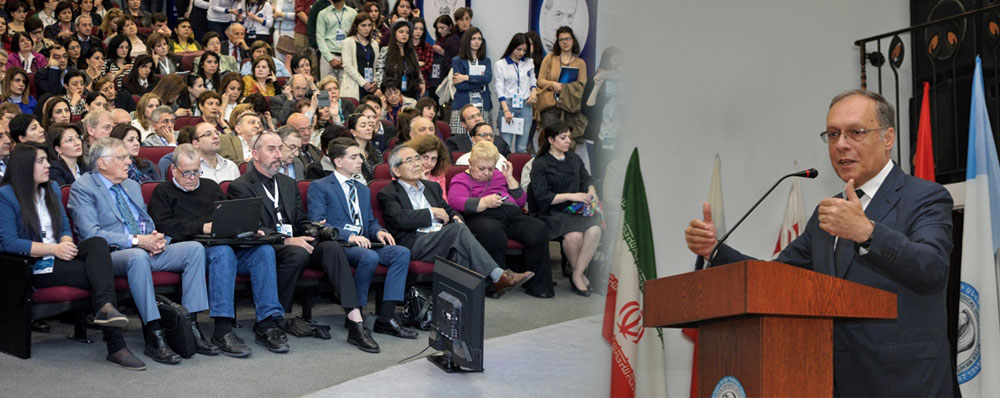Overview

The Republic of Armenia is a sovereign, democratic, social and legal state. The state power is administered pursuant to the Constitution and the laws based on the principle of separation of the legislative, executive and judicial powers.
Official Name: Republic of Armenia
Capital City: Yerevan
Official Language: Armenian
Religion: Christianity (Armenian Apostolic Church)
Currency unit: Armenian Dram (AMD)
Population 3 249 500 (2010)
Territory: 29.74 thousand square km
Major Cities: Yerevan, Gyumri, Vanadzor
Administrative Division: Eleven provinces
Average Altitude Above Sea Level: 1,800 meters
Highest Mountain Peak: Aragats (4 095 meters)
Ethnic composition: Armenians` 96%
Natural Resources:
Armenia is rich in copper, coal, iron, bauxite, molybdenum, gold, silver, lead and zinc. Substantial deposits of pumice, marble, tufa, perlite, limestone, basalt and salt exist. Precious and semi-precious stones are also abundant.
Governance:
The President
The President of the Republic of Armenia is the head of State. The President ensures adherence to the Constitution and provides for regular functioning of legislative, executive and judicial authorities. The President is the guarantor of Republic of Armenia’s sovereignty, territorial integrity and security. The President of Republic is elected by the citizens of the Republic of Armenia for a five year term of office.
The Legislative Power
The single-chambered National Assembly is the supreme legislative authority of the Republic of Armenia. The National Assembly consists of 131 deputies /75 of which are elected on the basis of proportional representation and 56 – majority representation/. The National Assembly is elected through general elections for a term of five years. Parliamentary elections were last held in 2007.
The Executive Power
Executive power is exercised by RA Government. The Government is composed of Prime Minister and Ministers. Based on consultations held with National Assembly factions, the President of Republic appoints the person nominated by the parliamentary majority to be Prime Minister or – where impossible – the person nominated by the largest number of NA membership. The President of the Republic appoints and discharges members of government on Prime Minister’s proposal.
The Judicial Power
In the Republic of Armenia justice shall be administered solely by the courts in accordance with the Constitution and the laws. The courts operating in the Republic of Armenia are the first instance court of general jurisdiction, the courts of appeal, the Court of Cassation, as well as specialized courts in cases prescribed by the law. The highest court instance in the Republic of Armenia, except for matters of constitutional justice, is the Court of Cassation, which shall ensure uniformity in the implementation of the law. The Constitutional Court shall administer the constitutional justice in the Republic of Armenia. The independence of courts shall be guaranteed by the Constitution and laws. The Constitution and the law shall define the procedure for the formation and activities of the Council of Justice. The Office of the Prosecutor General in the Republic of Armenia represents a unified, centralized system, headed by the Prosecutor General. The Office of the Prosecutor General shall operate within the powers granted by the Constitution and on the basis of the law.
